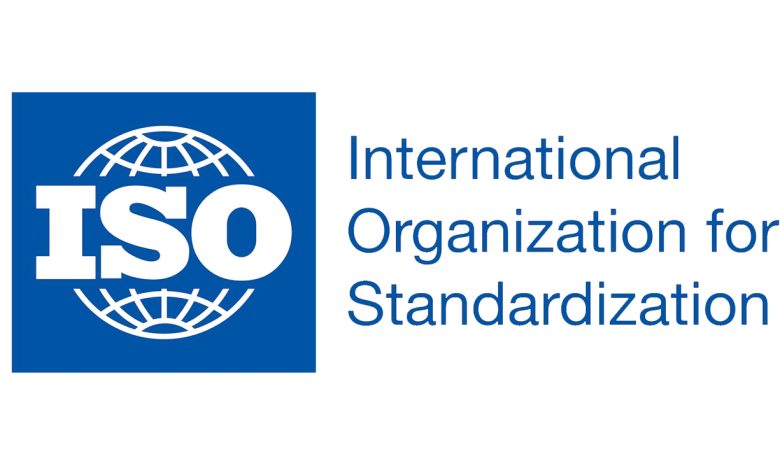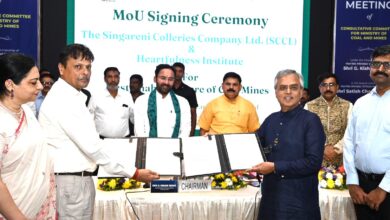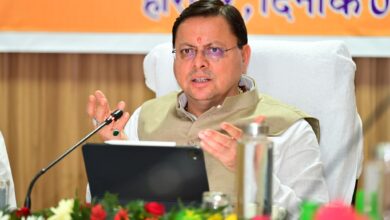ISO Has Published Net Zero Guidelines Today
Guidelines embed considerations such as fair share at the organizational level

As net zero targets have proliferated across the world, so has the need to introduce pressure and greater integrity into this framework to ensure target-setting is followed up by real and immediate emissions reductions.
To affect this requires clarity and consistency on what “net zero” is, what credible net zero action looks like, and a mechanism to move to more binding governance that addresses the different elements of the economic and technical ecosystems of net zero.
The International Organization for Standardization (ISO) has today published the much-anticipated Net Zero Guidelines to support all actors and organizations to reach their net zero goals. In just three months, over 1,200 organizations and experts came together to develop a single core reference text for net zero guidance through the ISO platform in an open consensus-led process. This work drew on the existing landscape of net zero standards and initiatives to produce a harmonised basis for net zero guidance.
Recently, the UN High Level Expert Group has given 10 recommendations on how to end greenwashing from cities, regions, companies and financiers on their net zero pledges and plans.
The Net Zero Guidelines will support all organizations, including those who develop policies, frameworks, standards or other initiatives on net zero for use by others, so that any organization looking to make or support a net zero claim takes a similar approach regardless of the initiative it is associated with. The Guidelines will be available in English, French, Spanish and Arabic, with further languages to come.
The International Organization for Standardisation (ISO) publishes Net Zero Guidelines to support all actors and organizations to reach their net zero goals.
These draw on existing net zero standards and initiatives to produce a harmonised basis for net zero guidance and enable a common global approach. This work represents the first major deliverable of the Our 2050 World collaboration between ISO, the UN Race to Zero campaign and the UNFCCC Global Innovation Hub, convened by BSI.
Nigel Topping, UN Climate Change High-Level Champion for the UK, COP26, has welcomed the publication: “As we highlighted in the Pivot Point report earlier this year, we need clear, consistent and harmonised global standards on net zero if we are to effectively and rapidly unlock the regulatory environment needed to help Governments meet the goals of the Paris Agreement. These Net Zero Guidelines helpfully build on the Race to Zero voluntary criteria and can be used as a core reference text on net zero to bring global actors into alignment, ratchet up ambition and address greenwashing.”
The Net Zero Guidelines are an important tool for net zero action because they help create a consistent approach towards decision-making by organizations. For instance, the Guidelines embed considerations such as fair share at the organizational level.
For example many organizations are confused about different elements of a net zero plan, such as the use of offsets or determining how to approach fair share. Organizations can use the Net Zero Guidelines to understand how to incorporate these elements and be directed to global best practice and methodology. This will allow actors to take decisions with confidence and understand the existing net zero landscape of guidance more clearly.
These Guidelines come in the context of the recent release of a major new report from the United Nations’ High-Level Expert Working Group on Net-Zero Emissions Commitments of Non-State Entities, which recommended in their report on 8th November that stronger regulations and standards can play an important role in strengthening net zero commitments
The Net Zero Guidelines aim to provide immediately actionable guidance for those looking to act upon the recommendations of the report, and are supported by ISO’s recent global resolution for all 167 members to promote this guidance.
The writer of this article is Dr. Seema Javed, a known Environmentalist, Journalist and Communications Expert




